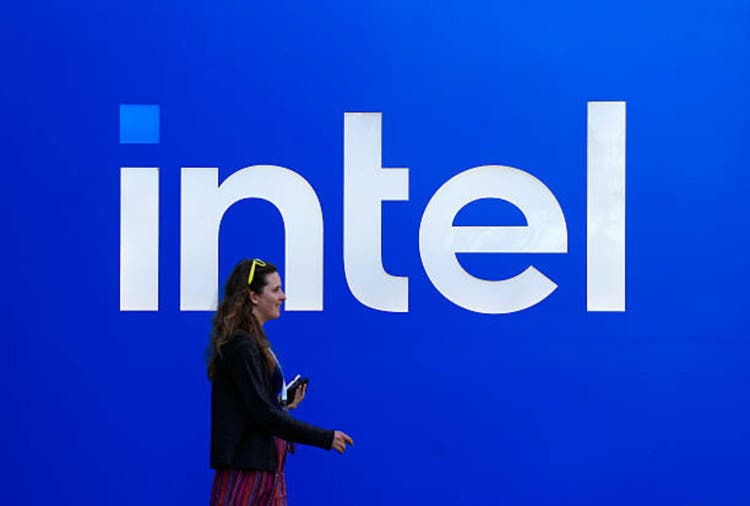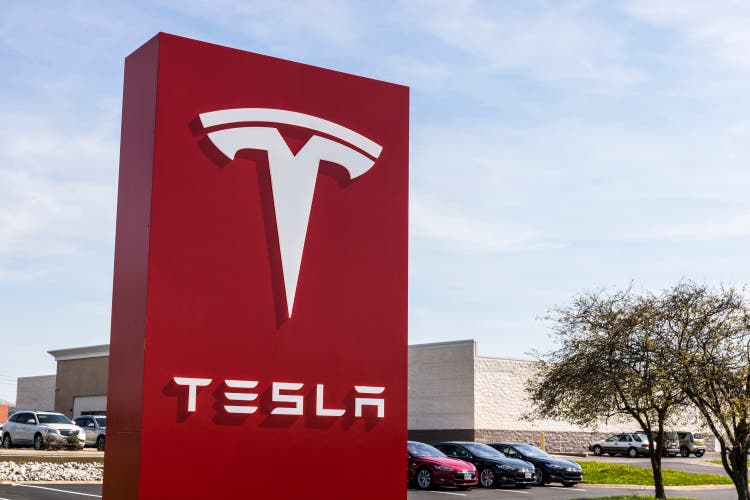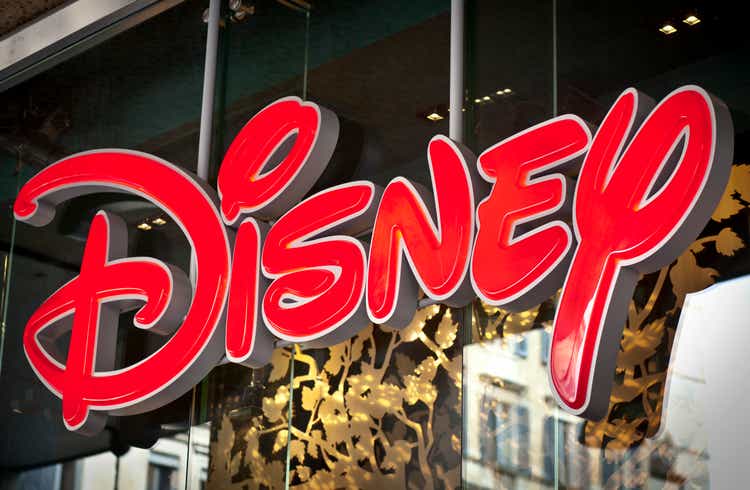Good morning. Lila MacLellan here, filling in for Sheryl today. Jane Fraser, CEO of Citigroup, is a widely respected leader, but she recently told me about the chief executive she admires. “Julie is one of the top leaders in the corporate world, period,” she said of Accenture CEO Julie Sweet. “I mean, there aren’t many other people who can come close.”
“She’s very clear-eyed; she’s always curious,” Fraser also told me. “I think this is probably what will give her incredible longevity as a leader.”
As I write in a profile that also appears in the latest edition of Fortune magazine, Accenture’s results support Fraser’s views. Sweet took control of the tech-forward consulting giant in 2019, leaving her post as CEO of North America to take the corner office. Accenture’s market cap has grown from $90 billion in 2018, the year before Sweet was named global CEO, to $149 billion today. And in 2018, Accenture recorded annual revenue of $41 billion. Last year, it was $65 billion.
Some of that growth can be attributed to Accenture’s famously aggressive acquisitions strategy, which once earned the company the title of “world’s most acquisitive firm.” Indeed, Sweet first joined Accenture in 2010 as general counsel and was recruited because of her career as an attorney who led large and often innovative M&A deals.
But Sweet’s leadership style—shaped by her unique history—also explains her success at the firm and Accenture’s eye-popping organic growth. As I learned, Sweet managed to stay ahead of several trends, including cloud migration, partly by studying emerging technology, taking in many points of view, and then acting quickly when she sees an opportunity. To Fraser’s point, Sweet’s curiosity and openness arguably allowed her to see the rise of generative AI long before ChatGPT arrived. Despite current headwinds in its federal contracting business, analysts say Sweet has now positioned Accenture to take advantage of a coming massive cycle of AI adoption as some of the globe’s largest businesses look for assistance. Even if generative AI itself eats away at some of the demand for Accenture’s IT services, as one analyst suggested, companies will keep coming to Accenture for ever-more-complicated AI projects.
“We’ve already been leading,” Sweet told me, describing the company’s focus on AI, “but we are doubling down on that because we know that the unlock for clients in difficult times is scaling the impact of AI.” Read the full profile here.
Lila MacLellan
lila.maclellan@fortune.com
This story was originally featured on Fortune.com

 2 hours ago
1
2 hours ago
1















 English (US) ·
English (US) ·